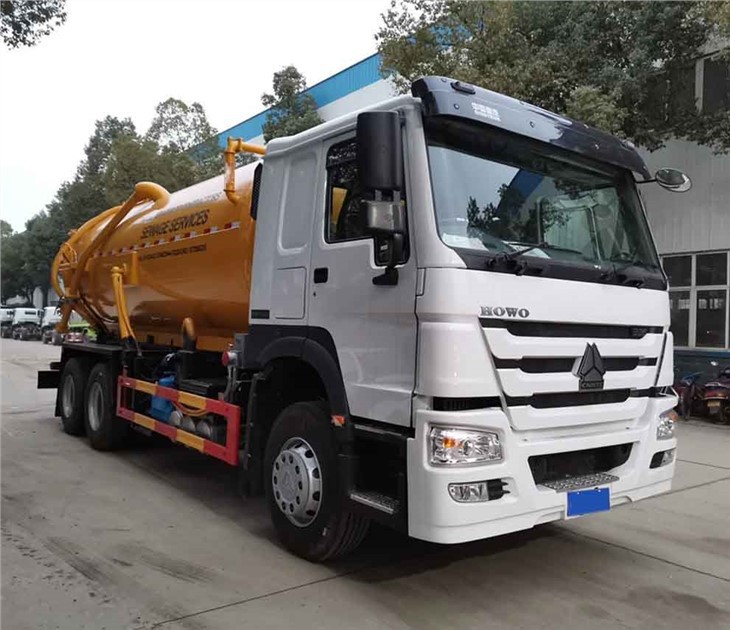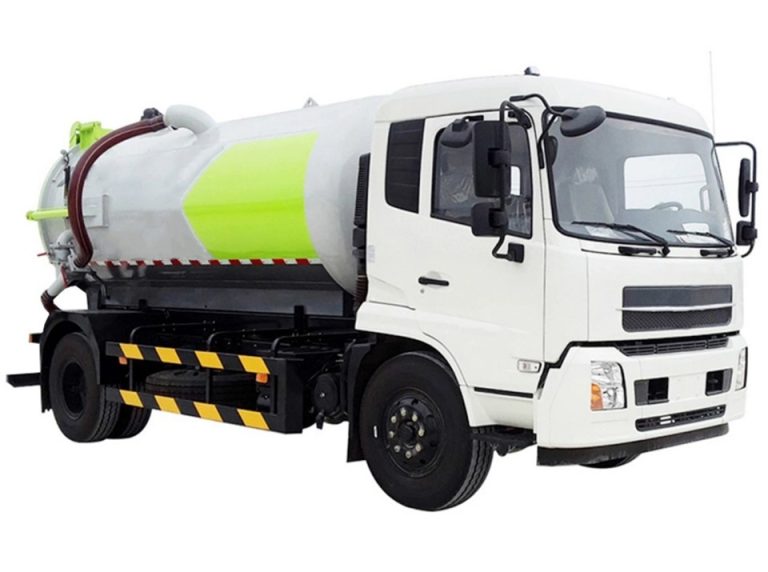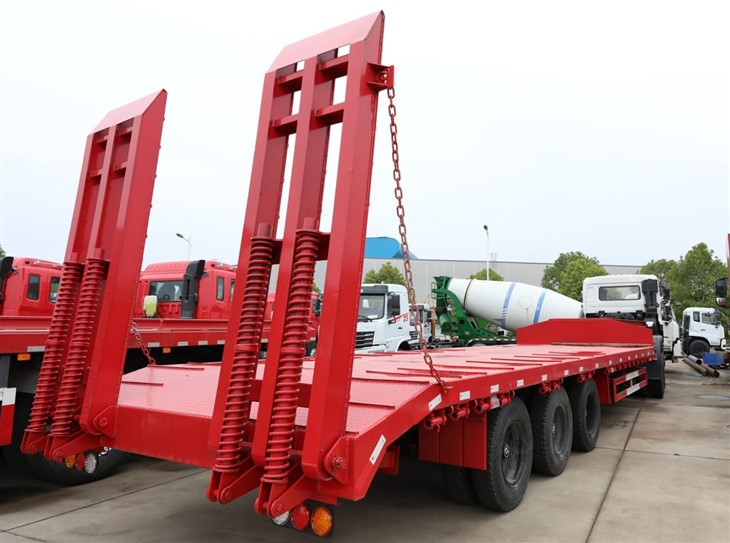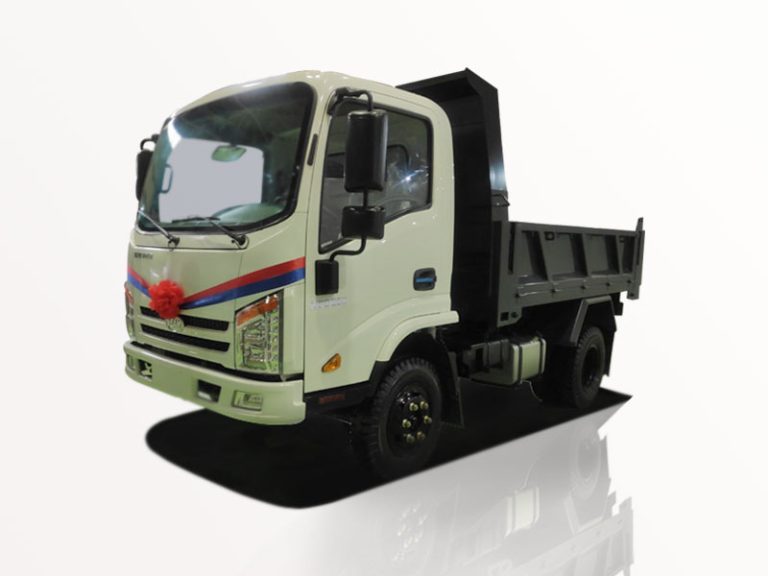When it comes to waste management, one of the critical components is the vehicles used to transport refuse. For many businesses and municipalities, investing in new waste trucks may not be financially viable. This is where used waste trucks come into play. This article will explore everything you need to know about used waste trucks, their benefits, types, purchasing tips, and much more.
Understanding Used Waste Trucks
Used waste trucks are pre-owned vehicles specifically designed for waste collection and management. They come in various sizes and configurations, suitable for different types of waste, from residential garbage to industrial refuse. The market for used waste trucks has grown significantly, driven by cost-saving needs and sustainability initiatives.
Why Choose Used Waste Trucks?
Choosing used waste trucks offers numerous advantages:
- Cost-Effectiveness: Used trucks are significantly less expensive than new ones, allowing you to allocate funds more effectively.
- Depreciation: New trucks depreciate quickly. Buying used can mitigate losses associated with rapid depreciation.
- Variety: A wide range of options are available, catering to different needs and preferences.
- Availability: Used trucks can often be purchased quickly, unlike new vehicles that may have long lead times.
Types of Used Waste Trucks
Before making a purchase, understanding the different types of used waste trucks available is essential. Here are the most common types:
1. Rear Loader Trucks
Rear loader trucks are designed for manual loading of garbage. Crew members walk behind the truck, collecting trash to place into it. They are ideal for residential routes.
2. Front Loader Trucks
Front loader trucks are equipped with a hydraulic arm that lifts and empties dumpsters. They are perfect for commercial waste management, where large bins are used.
3. Side Loader Trucks
Side loader trucks allow for collection from the side of the vehicle. These trucks can be equipped for automated or manual loading, making them versatile for urban environments.
4. Roll-Off Trucks
Roll-off trucks are specialized vehicles that transport large containers for construction and demolition waste, making them crucial for dumpster rental services.
Key Considerations When Buying Used Waste Trucks
When purchasing used waste trucks, consider the following factors to ensure you make a wise investment.
1. Maintenance History
Reviewing a truck’s maintenance history is essential to understanding how well it has been cared for and identifying any potential issues.
2. Mileage and Age
Assess the mileage and age of the truck. Lower mileage generally indicates lesser wear and tear. However, older trucks with comprehensive maintenance records can still be reliable.
3. Condition of Components
Inspect the truck’s key components, including:
- Engine and Transmission
- Hydraulic Systems
- Brakes and Suspension
- Body and Frame Integrity
4. Compliance with Environmental Standards
Ensure that the used waste truck meets current emissions standards and local regulations to avoid future compliance issues.
5. Warranty and Service Plans
Look for vehicles with existing warranties or service plans, as these can save you money on potential repairs down the road.
Where to Buy Used Waste Trucks
There are several avenues through which you can acquire used waste trucks:
1. Dealerships
Many commercial vehicle dealerships offer used waste trucks. These places often provide warranties or service contracts, adding confidence to your purchase.
2. Online Marketplaces
Websites like TruckPaper, eBay Motors, and specialized equipment sales websites can provide many used options.
3. Auctions
Public or private auctions can be a great source of used waste trucks at competitive prices. Attend these events or check online auction platforms.
4. Municipal Sales
Sometimes municipalities sell their older waste trucks when upgrading their fleets. Keep an eye on government surplus auctions.
Financing Options for Used Waste Trucks
Financing is an essential consideration when purchasing used waste trucks. Here are some options:
| Financing Option | Description |
|---|---|
| Bank Loans | Traditional loans from banks or credit unions, typically requiring good credit and collateral. |
| Trade Financing | Some dealers offer financing plans that allow trading in older vehicles for credit towards your purchase. |
| Leasing | Short-term financing solutions that allow you to rent the truck for a specified period with an option to buy later. |
| Manufacturer Financing | Some manufacturers provide special financing programs for their used vehicles. |
Maintenance Tips for Used Waste Trucks
Once you’ve acquired a used waste truck, proper maintenance is vital to ensure its longevity and reliability. Here are some practical maintenance tips:
1. Regular Inspections
Conduct routine checks on all major systems—engine, hydraulics, and braking. Regular inspections help catch minor issues before they become significant problems.
2. Keep It Clean
Clean the exterior and interior of the truck regularly to prevent build-up and corrosion. Pay special attention to areas that come into contact with waste materials.
3. Replace Fluids
Regularly change engine oil, hydraulic fluids, and coolant as specified in the manufacturer’s guidelines to ensure optimal performance.
4. Monitor Tire Condition
Check the tire pressure and tread regularly. Poor tire condition can impact fuel efficiency and handling.
5. Address Issues Promptly
If you notice any issues or warning lights on the dashboard, address them immediately to prevent more severe problems.
Examples of Used Waste Truck Models
Here are some popular used waste truck models you might consider:
| Model | Year | Average Price |
|---|---|---|
| Freightliner M2 106 | 2016 | $70,000 |
| Peterbilt 320 | 2017 | $72,000 |
| International 4300 | 2015 | $65,000 |
| Isuzu NRR | 2018 | $60,000 |
Future Trends in Waste Truck Technology
The waste management industry is shifting towards more sustainable practices. Here are some emerging trends:
1. Electric Waste Trucks
As the push for sustainability grows, electric waste trucks are becoming more common, offering reduced emissions and lower fuel costs.
2. Automated Systems
Automation in waste collection is on the rise, with advanced sensors and robotic systems assisting in waste pickup, making the process safer and more efficient.
3. Fleet Management Technology
Many companies are investing in IoT solutions to track their fleet’s performance in real time, improving efficiency and reducing downtime.
FAQs about Used Waste Trucks
1. How can I find a reliable used waste truck dealer?
Look for dealers with good reviews, warranties, and a solid reputation in the community. Personal recommendations from peers in the industry can also be valuable.
2. What is the average lifespan of a used waste truck?
The lifespan of a waste truck varies, but with proper maintenance, many can last between 15 to 25 years.
3. Are used waste trucks suitable for city use?
Yes, many used waste trucks are designed specifically for urban environments, including smaller models that can navigate tight streets.
4. Can I retrofit a used waste truck with new technology?
Many used waste trucks can be retrofitted with newer technologies, such as GPS tracking and automated lifting systems, depending on compatibility.
5. What should I do if my used waste truck breaks down?
Immediately address the issue by consulting a mechanic specialized in commercial vehicles. Having a maintenance plan in place can help mitigate downtime.
6. How much can I expect to spend on maintenance for a used waste truck?
Maintenance costs will vary depending on the truck’s age, condition, and usage, but budgeting around $500 to $1,500 annually is a good starting point.



